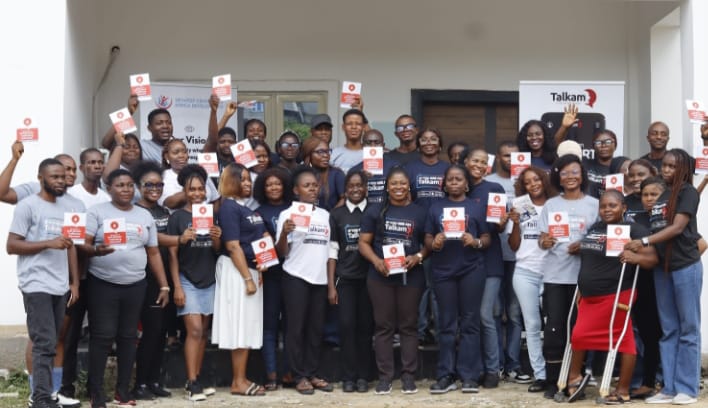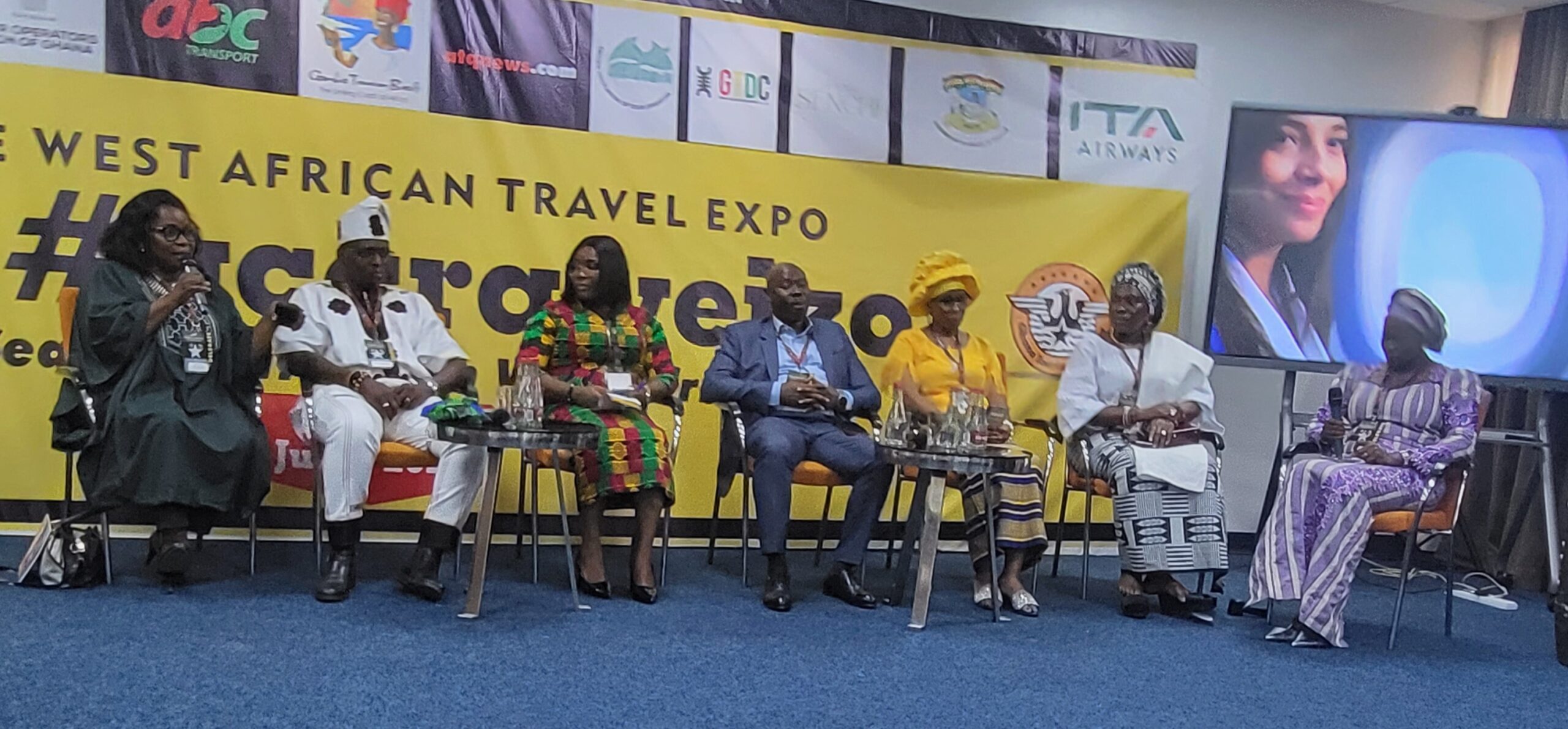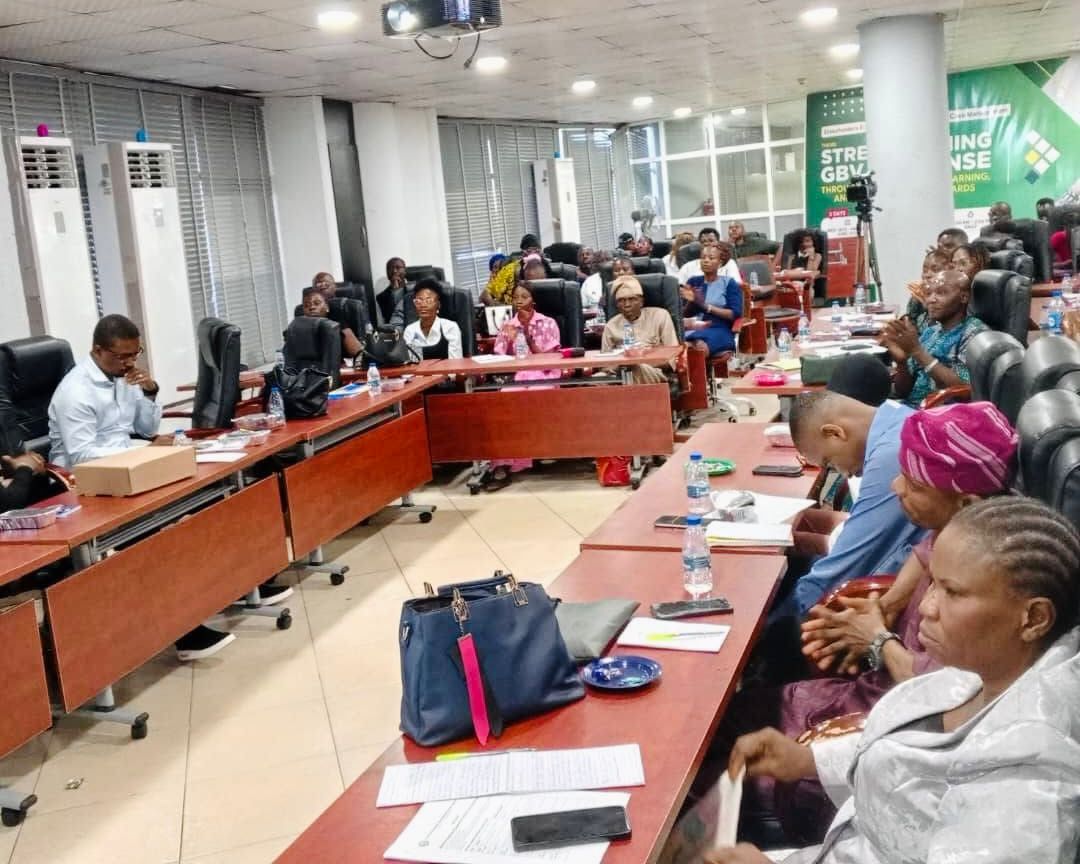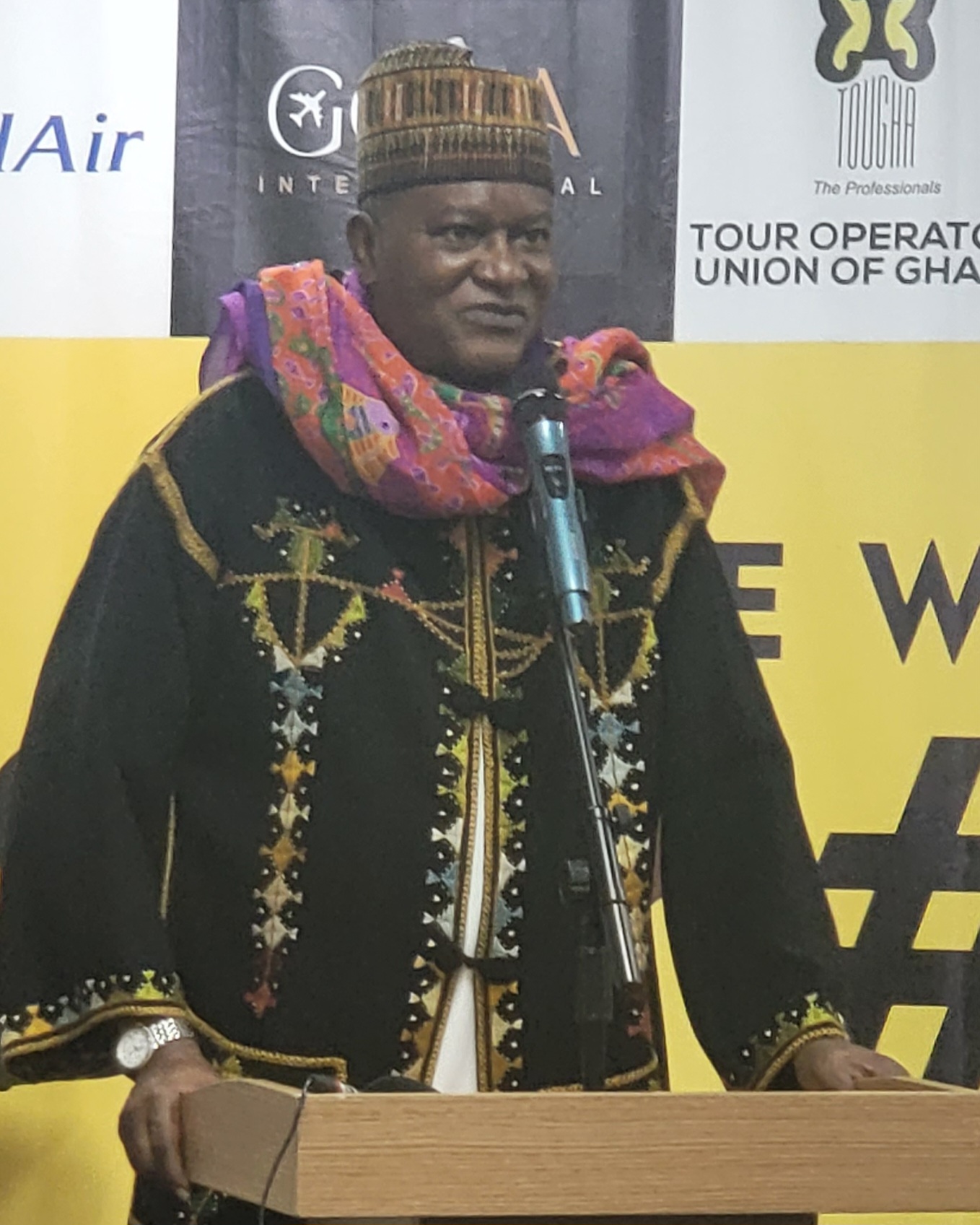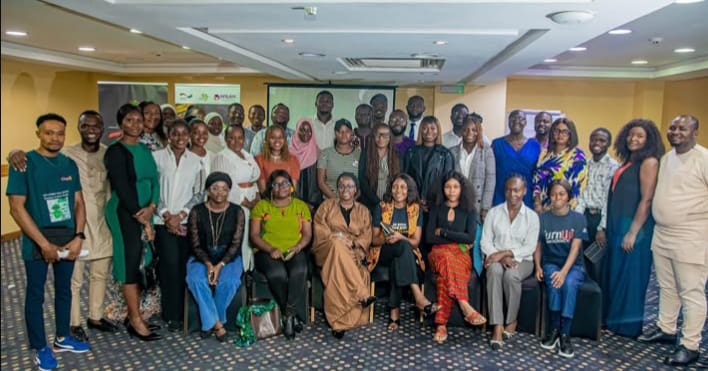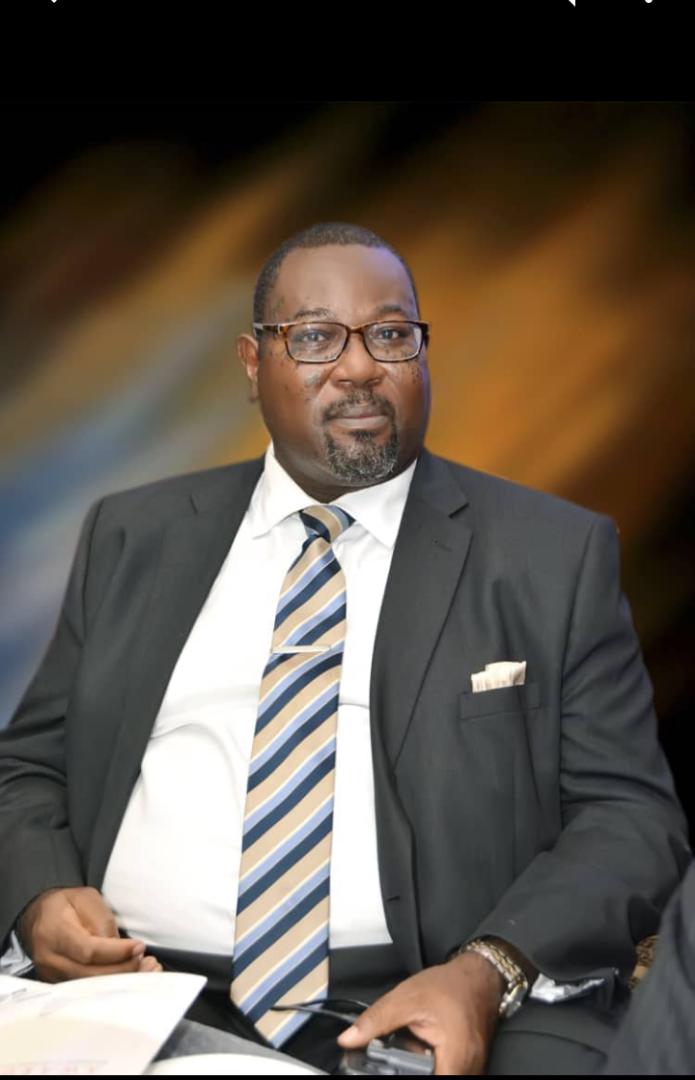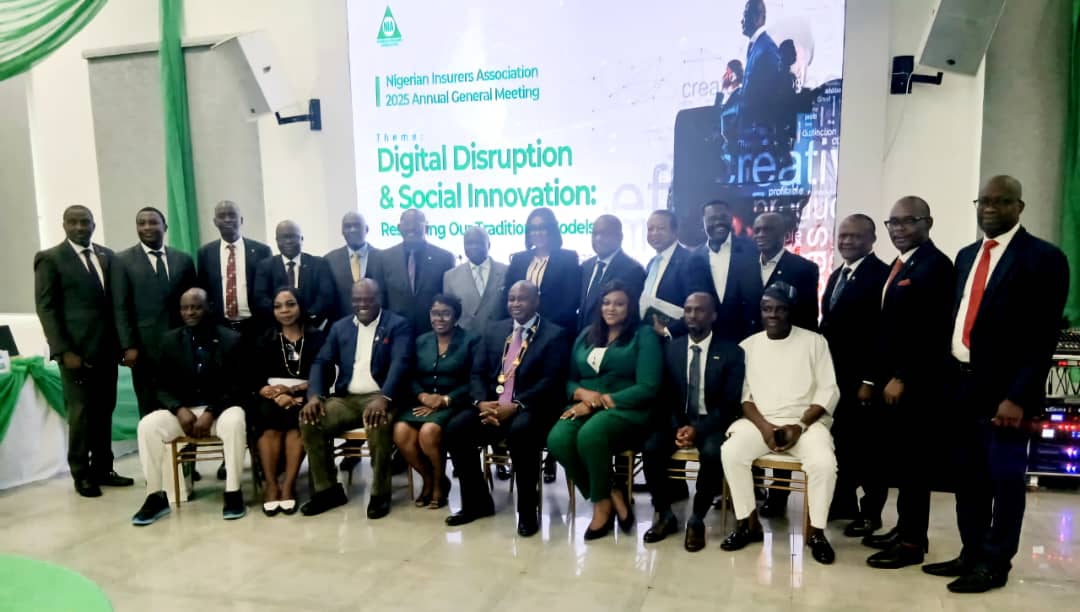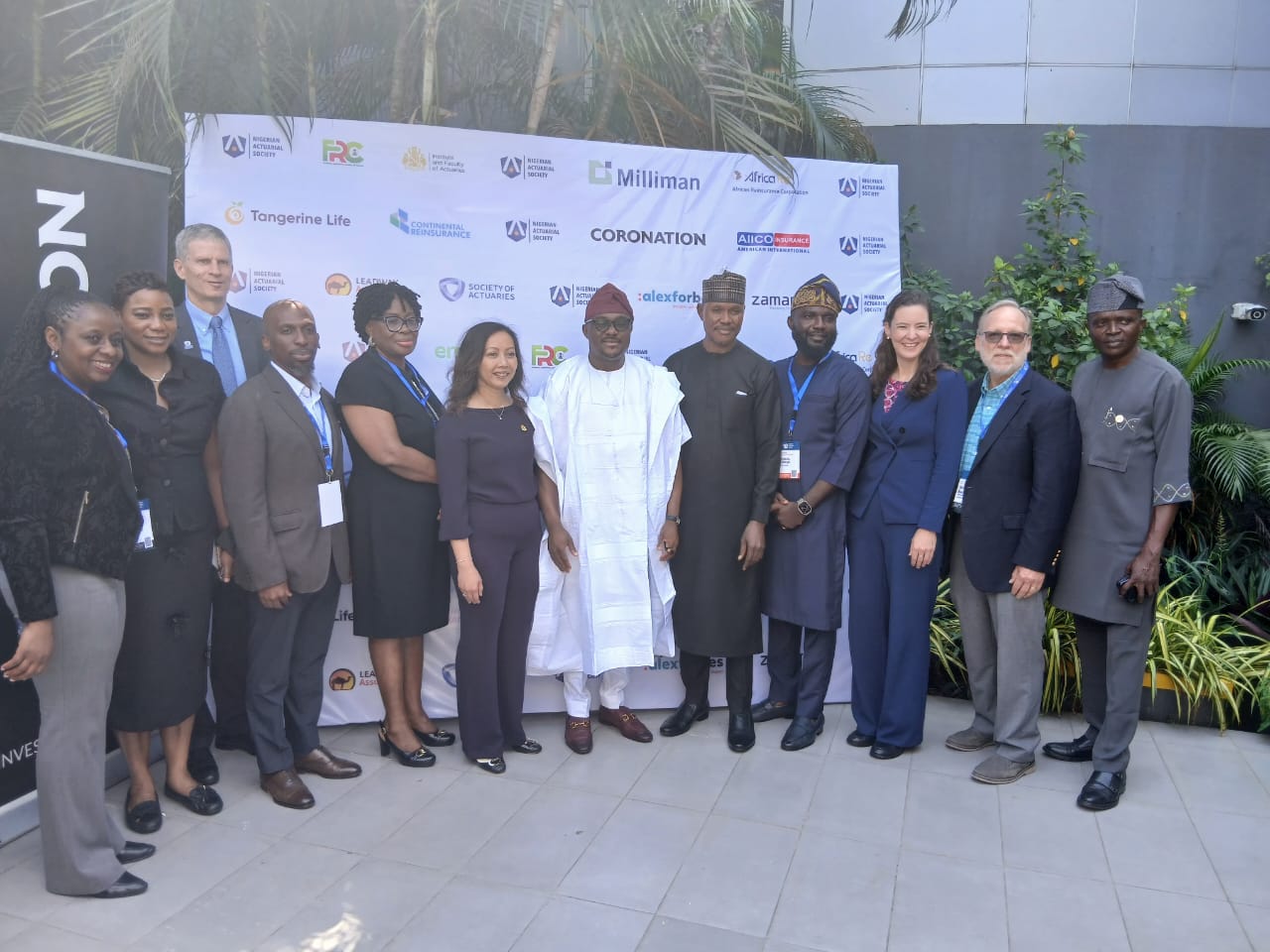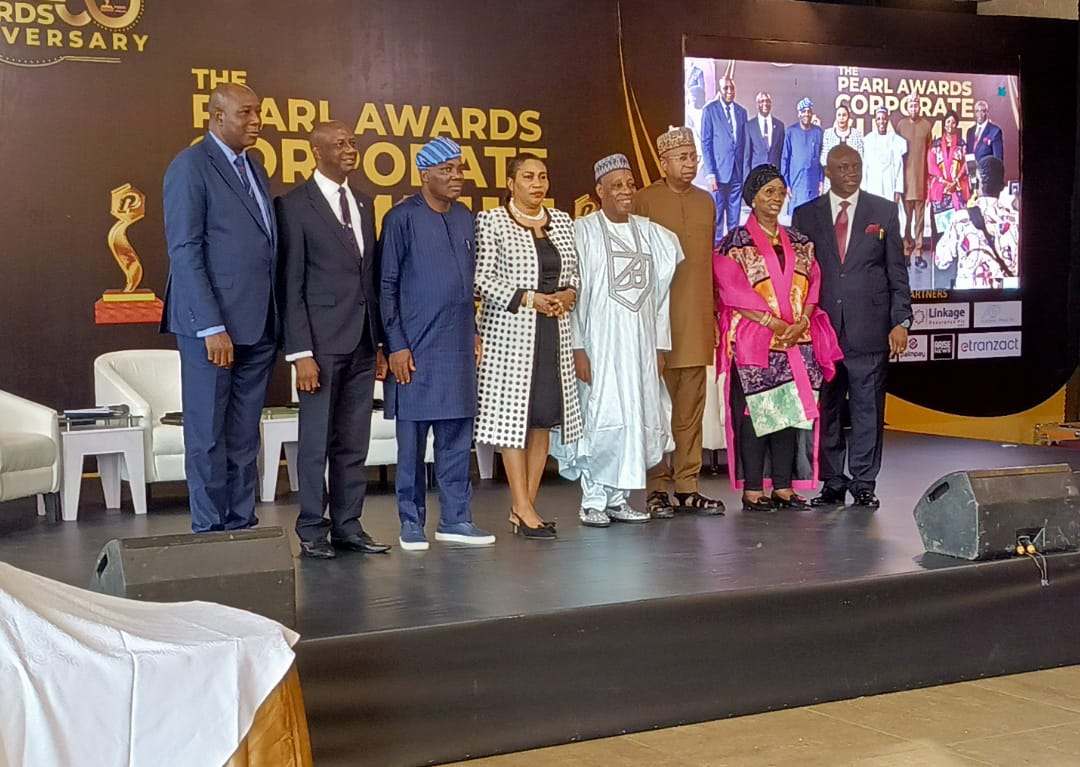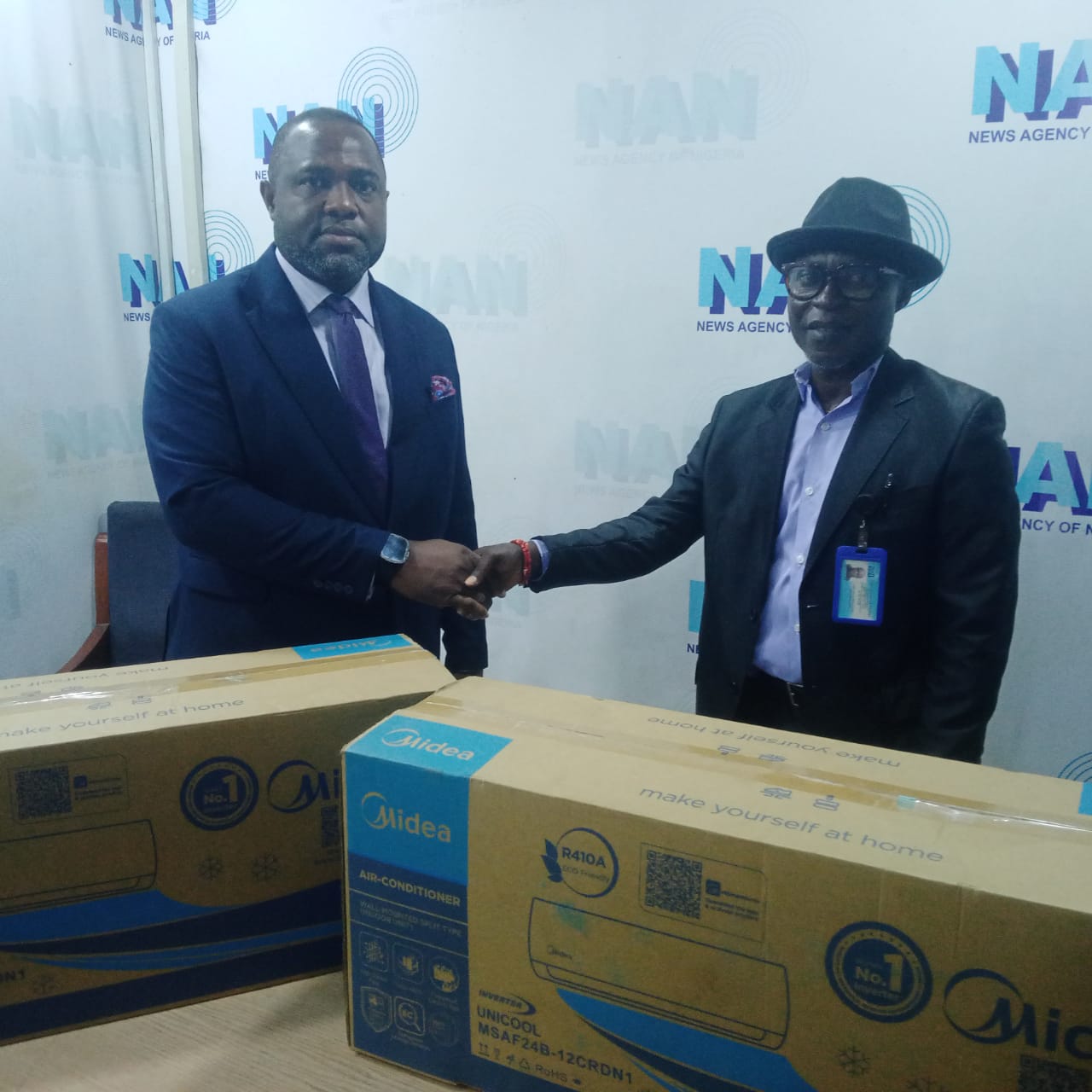111 total views today
By Taiye Olayemi
The National Insurance Commission (NAICOM) has urged actuaries to design effective risk management strategies and develop products that meet society’s evolving needs.
Mr Olusegun Omosehin, Commissioner for Insurance and Chief Executive Officer of NAICOM, made the call at the 2025 Annual Conference of the Nigerian Actuarial Society (NAS) on Wednesday in Lagos.
The News Agency of Nigeria (NAN) reports that the conference, which brought together professional actuaries, insurers, academics, and students, has the theme: “Creating Value and Building Resilience in an Evolving Industry”.
Omosehin, represented by Dr Usman Jankara, Deputy Commissioner (Technical), NAICOM, stated that as the industry faces challenges such as climate risk, cyber threats, and health system vulnerabilities, the actuarial profession must continue to innovate and lead.
He noted that actuaries play a critical role, as their expertise in risk modeling, data analytics, and long-term financial planning is essential to ensuring that insurance products remain sustainable, inclusive, and responsive to major risks.
Omosehin said that the conference’s theme remained relevant as the Nigerian insurance sector continued to undergo significant transformation driven by technological innovation, shifting consumer expectations, and evolving regulatory frameworks.
He said, “It is reassuring to note that the industry has shown tremendous resilience and growth. As of Q1 2025, Nigeria’s insurance sector recorded a 63 per cent increase in gross premium income compared to Q1 2024, reaching N769.2 billion in just the first three months of 2025.
“This growth reflects market confidence and increasing relevance of insurance in the Nigerian economy. In the same period, the industry’s total asset stood at N4.12 trillion, underscoring a stronger financial foundation of the industry.
“These figures represent a positive improvement in the industry’s loss ratio when compared to Q1 2024, it also represents 89.1 per cent of total reported things, indicating improved responsiveness of the industry to stakeholders.”
According to him, NAICOM was committed to fostering a regulatory environment, supporting innovation, protecting policy makers, ensuring transparent processes, and promoting long-term industry sustainability.
He said that the commission was committed to strengthening supervisory framework, encouraging digital transformation and supporting inclusive insurance movement.
“Given Nigeria’s youthful tech savvy population, Nigeria is well positioned to lead in digital insurance.
“To seize this opportunity, we must invest in talent, or put global standards, and foster a culture of continuous learning and ethical leadership, while exploring new opportunities such as insurance,” he said.
The CFI said as part of NAICOM’s strategy, the guidance for insure -tech operations in Nigeria had been concluded and about to be issued.
He added that the commission had also launched the Actuarial Capacity Development Initiative, which is intended to build actuarial talent and efforts on going to India.
The commissioner, however, noted that there were a lot of challenges, including funding, but the commission was actively engaging development partners, such as the Afrikari Foundation, GIZ, UNDP, and other international donors to secure funding and support for the initiative.
Omosehin said, “While these efforts are ongoing, it has become imperative for the Nigerian insurance industry to fight this and commit to funding actuarial capacity development in Nigeria.
“I therefore call on all stakeholders, particularly insurers, actuaries, and educators, to continue to work together to build a resilient industry that is inclusive and value driven.
“We must continually champion policies that support actuarial development, encourage research, and ensure that our industry remains a pillar of economic stability and social protection.”
Also speaking, Dr Rabiu Olowo, the Executive Secretary and CEO of the Financial Reporting Council (FRC) of Nigeria, called for collaboration, purpose value creation and financial resilience in the industry.
Olowo said across the globe, people continue to witness profound shifts in how value is measured, risk is assessed and how systems respond to the rapid changes.
He said this also included the rise of artificial intelligence to climate uncertainty, sustainability reporting, graphical realignment to the evolving nature of managerial products in markets.
Olowo emphasised the role of actuaries in navigating uncertainty, guiding long-term decisions, and building sustainable systems through its deep foundations in mathematics, risk modeling, and financial foresight.
He said that stakeholders must fully leverage expertise of actuarial professionals to create value and resilience for the society, especially in Nigeria and in Africa.
“We recognised that for Nigeria to build a resilient and competitive economy, we need a robust pipeline of Actuarial experts.
“Nigeria currently has fewer than 30.5 actuaries while an economy which is similar to ours, South Africa, has about 2,000.
“This is a capacity gap that directly affects our ability to manage pension funds, price risks, value liabilities, and our ability to attract and retain investment.
“We are committed to building Nigeria’s Actuarial capacity and aligning with global standards.
“As a regulator, we depend on artuaries to help answer difficult questions. How do we value assets in an increasingly intangible economy?
“How do we protect public interest with fostering innovation? How do we integrate risks, sustainability, and resilience into the long-term economic planning of our nation and our organisation?
“These are the frontiers where Artuarial science must operate, and these are the challenges we must tackle together,” he added.
In his address, the President, Nigerian Actuarial Society (NAS), Mr Jolaolu Fakoya, who noted the critical role actuaries played in shifting a strong future for the economy, emphasised need for resilience in the industry.
“As we navigate an economy marked by uncertainty, disruption and transformation, the core to create value and view resilience is more than just a thing. It’s a professional imperative.
“As actuaries, our role goes beyond analysis. It extends to leadership, stewardship and innovation.
“Our profession is a calling to view resilience, to equip businesses and institutions to thrive and maintain integrity and change.
“Over the next two days, we’ll explore big ideas and practical tools through sessions such as VisualTech, AI Workshop, and a lot of other engaging topics that we are blind of,” Fakoya said.
In his remark, Mr Babatunde Fajemirokun, Managing Director, AIICO Insurance Plc, who spoke on how Insurtech impact value creation, called for strategic partnership in driving innovation and leveraging digital platforms.
Other speakers at the conference reiterated the need for resilience and collaboration to meet needs within the industry and also provide a lot of cover for customers. (NAN) (www.nannews.ng)
Edited by Olawunmi Ashafa




